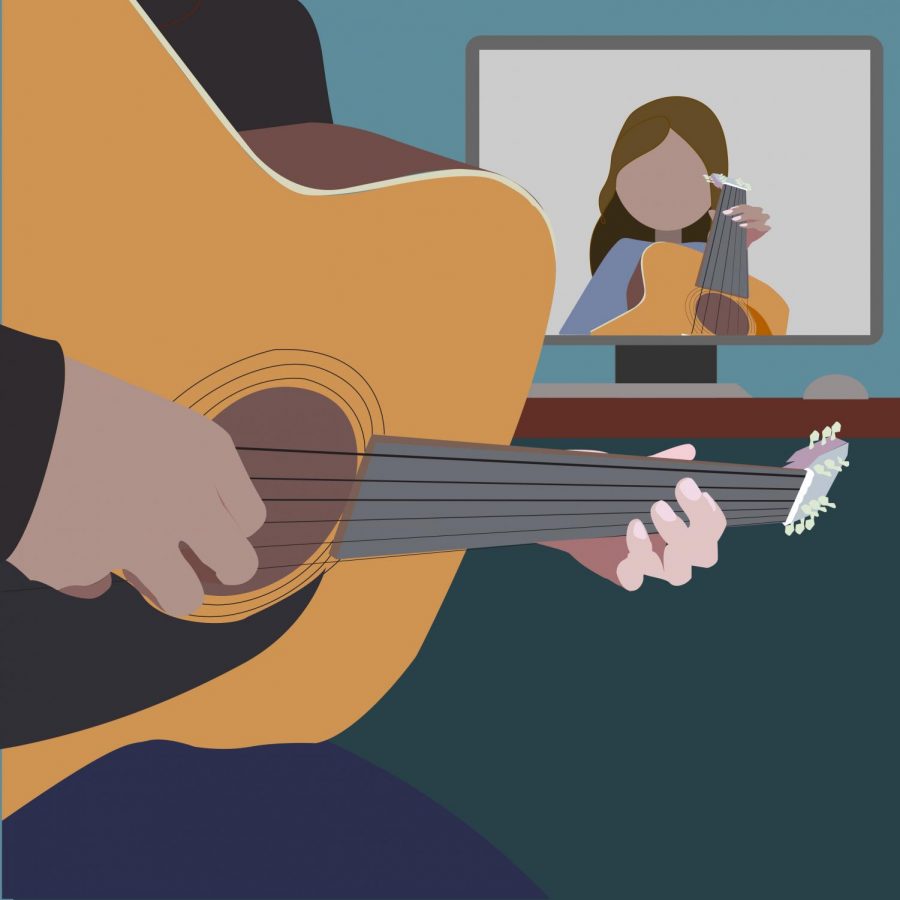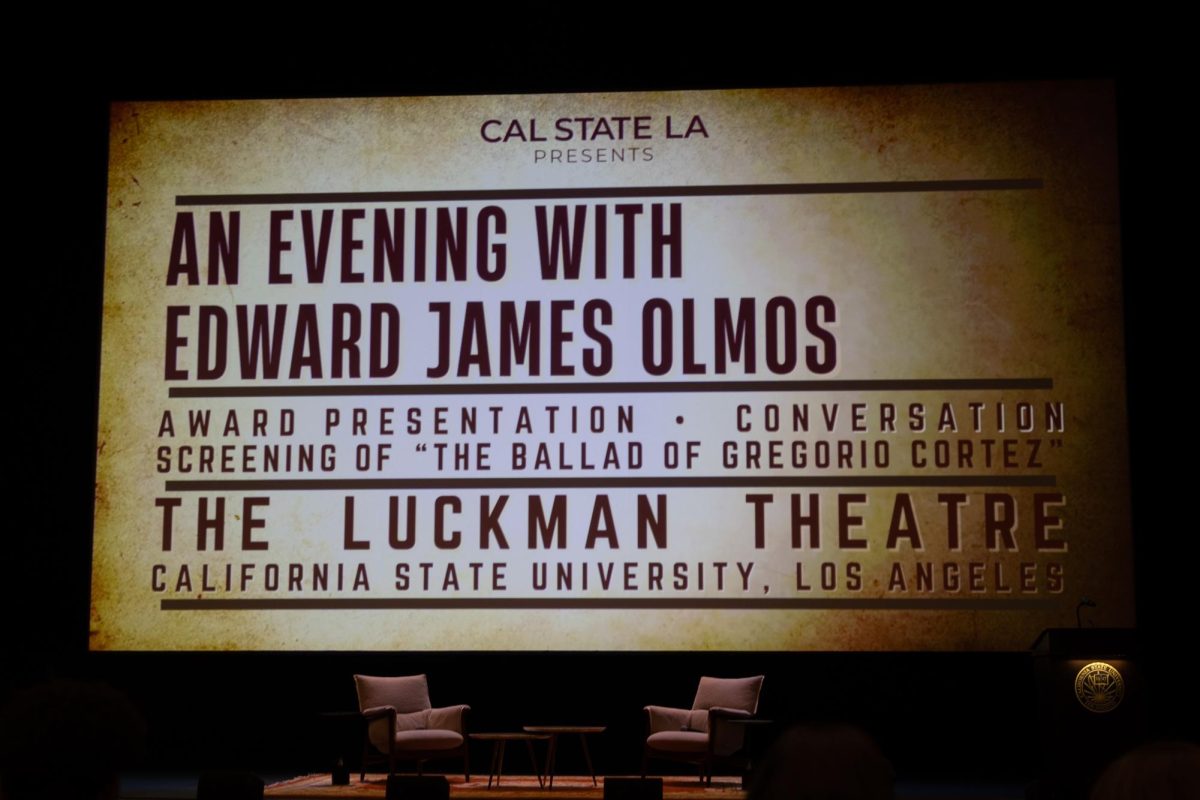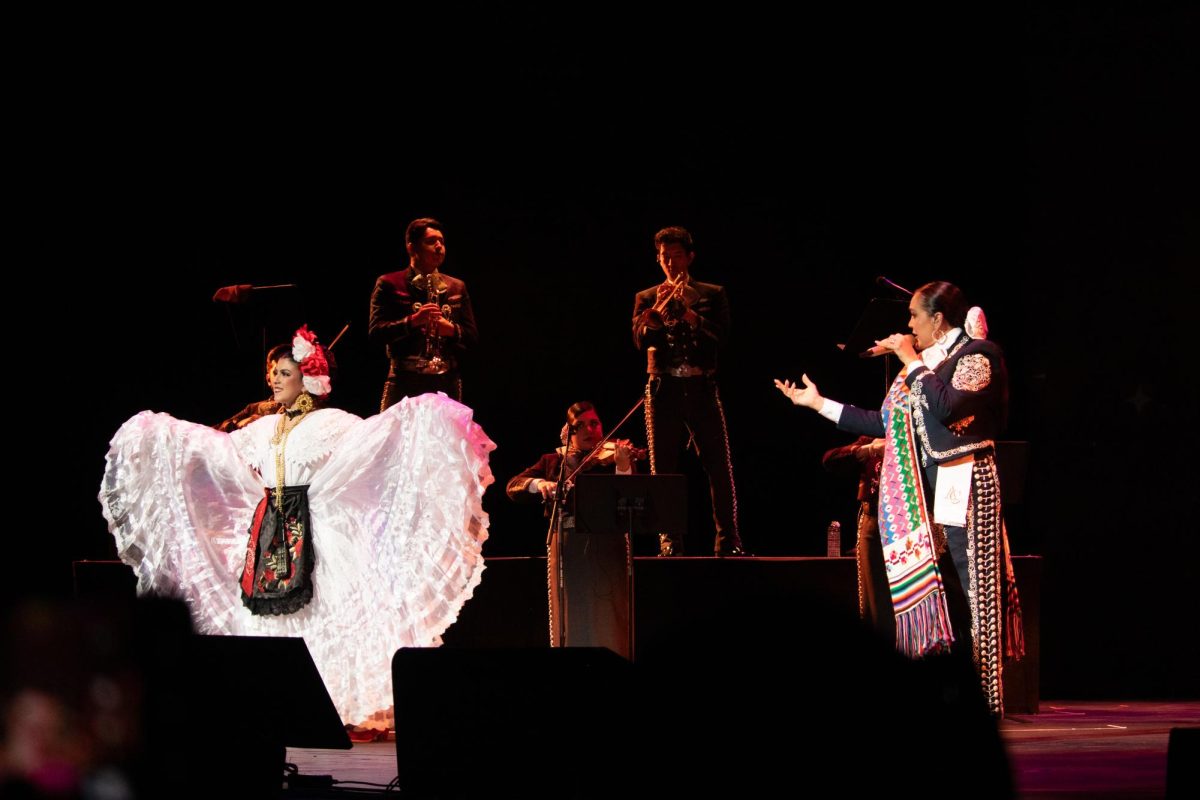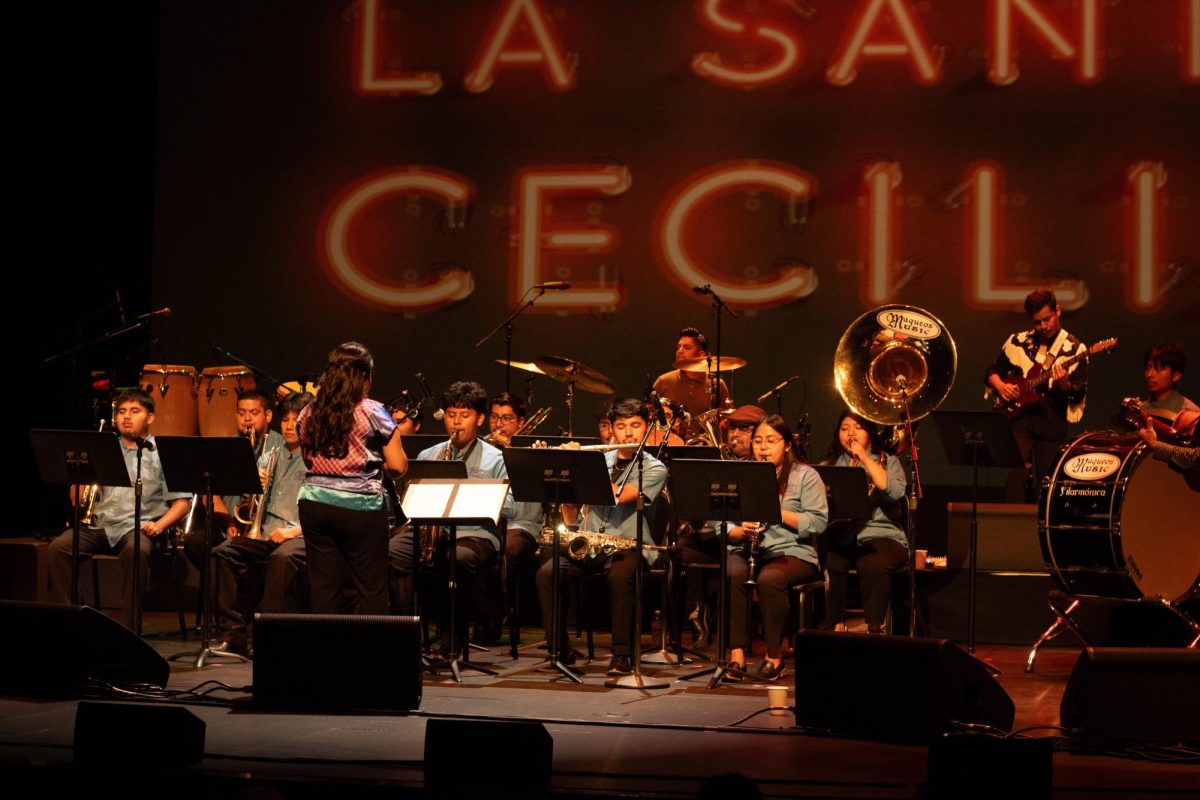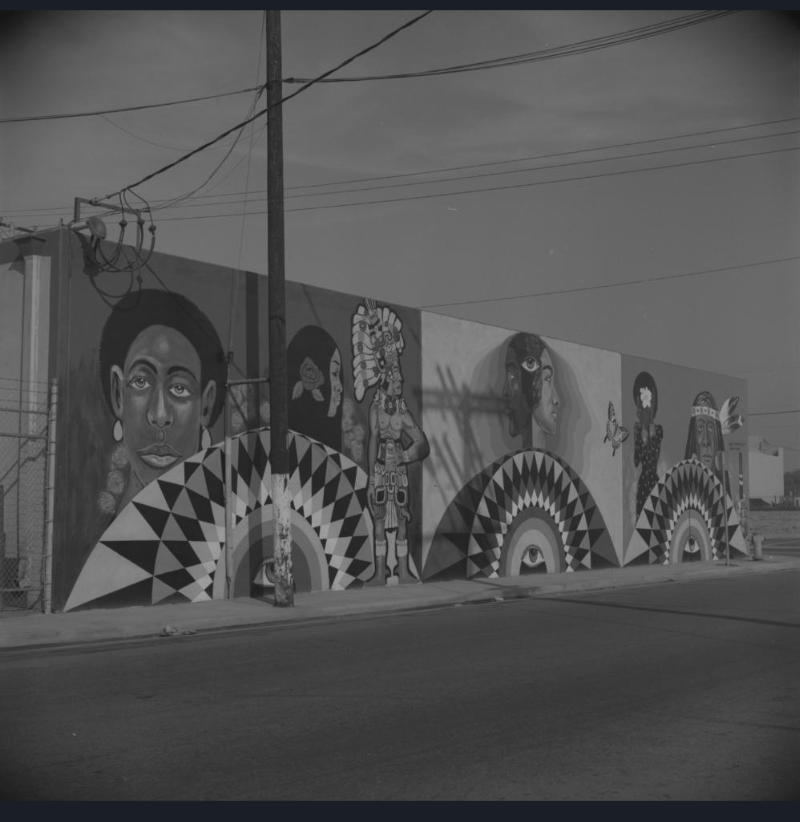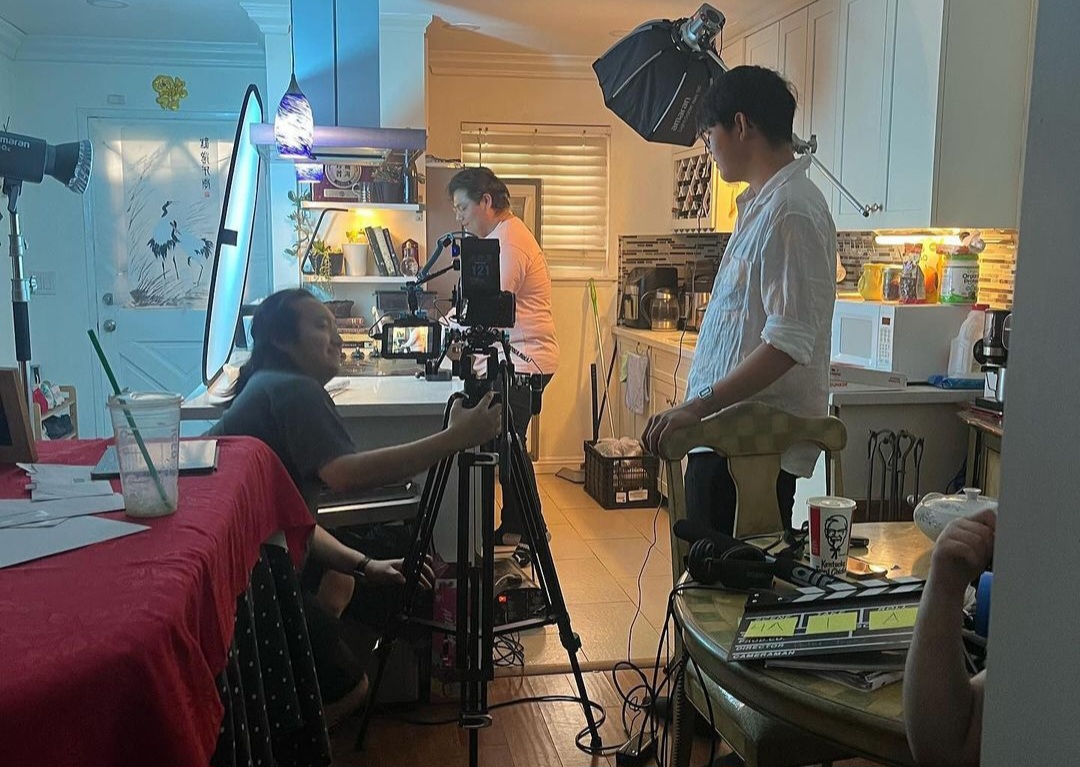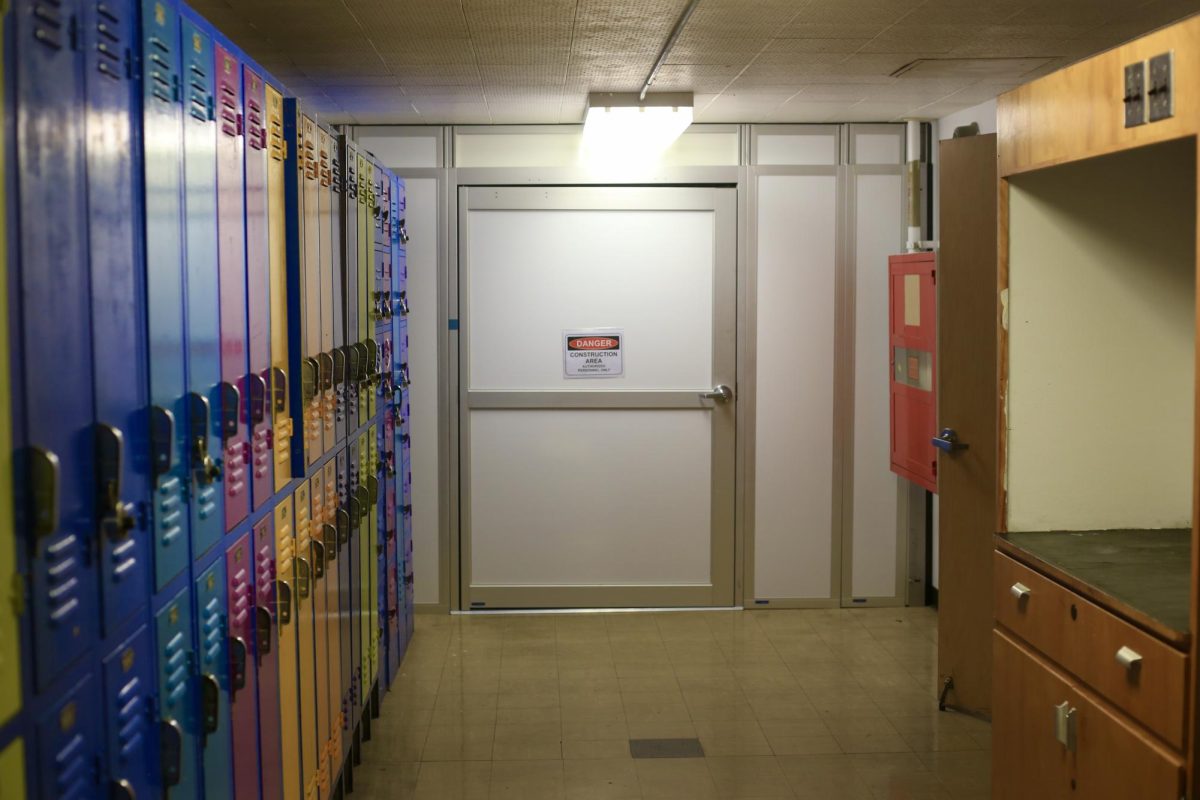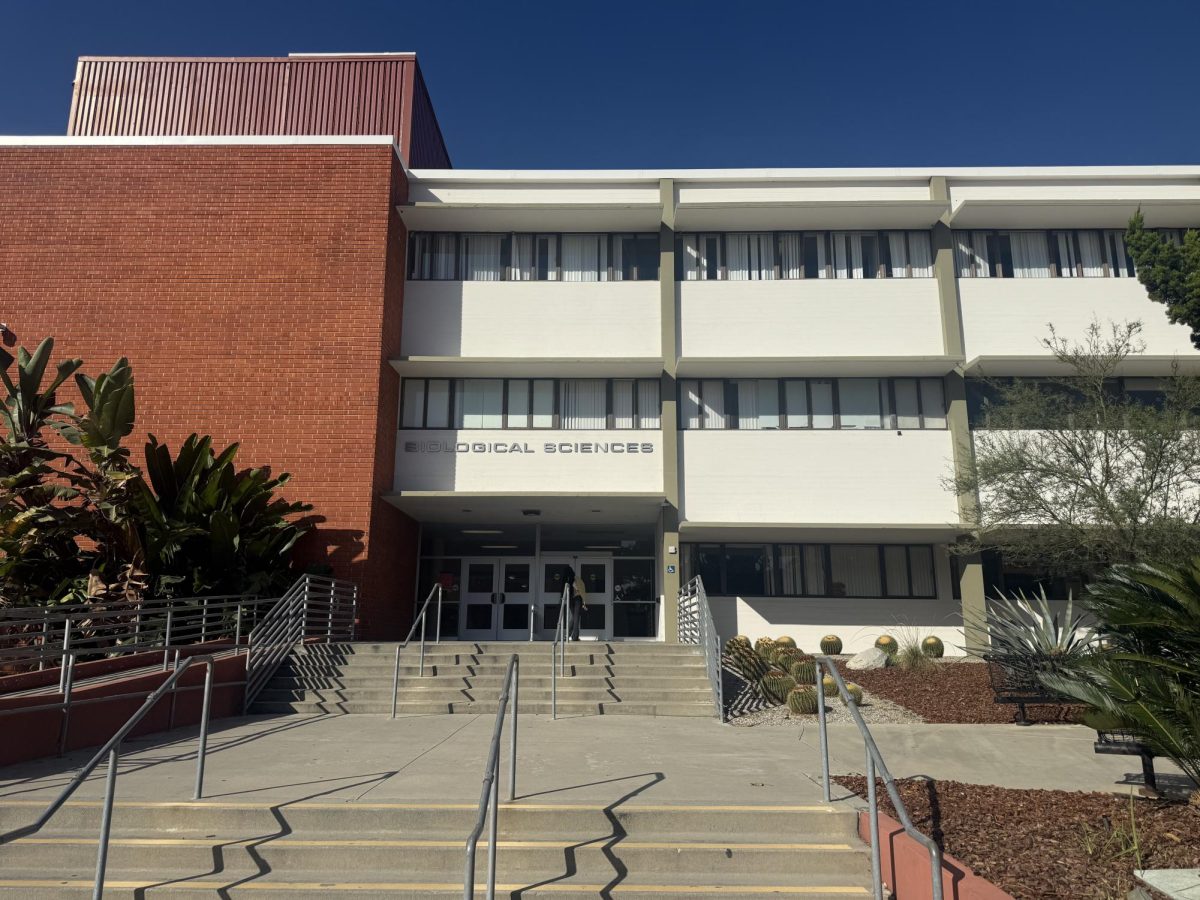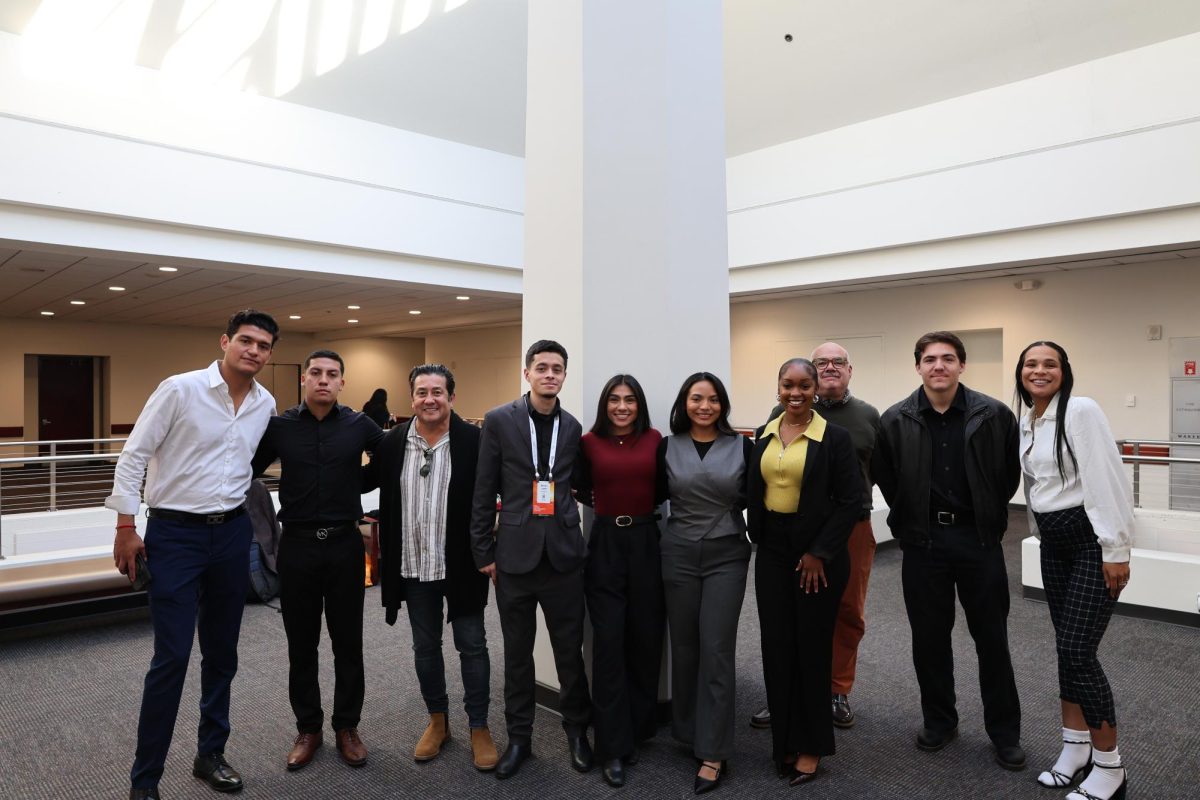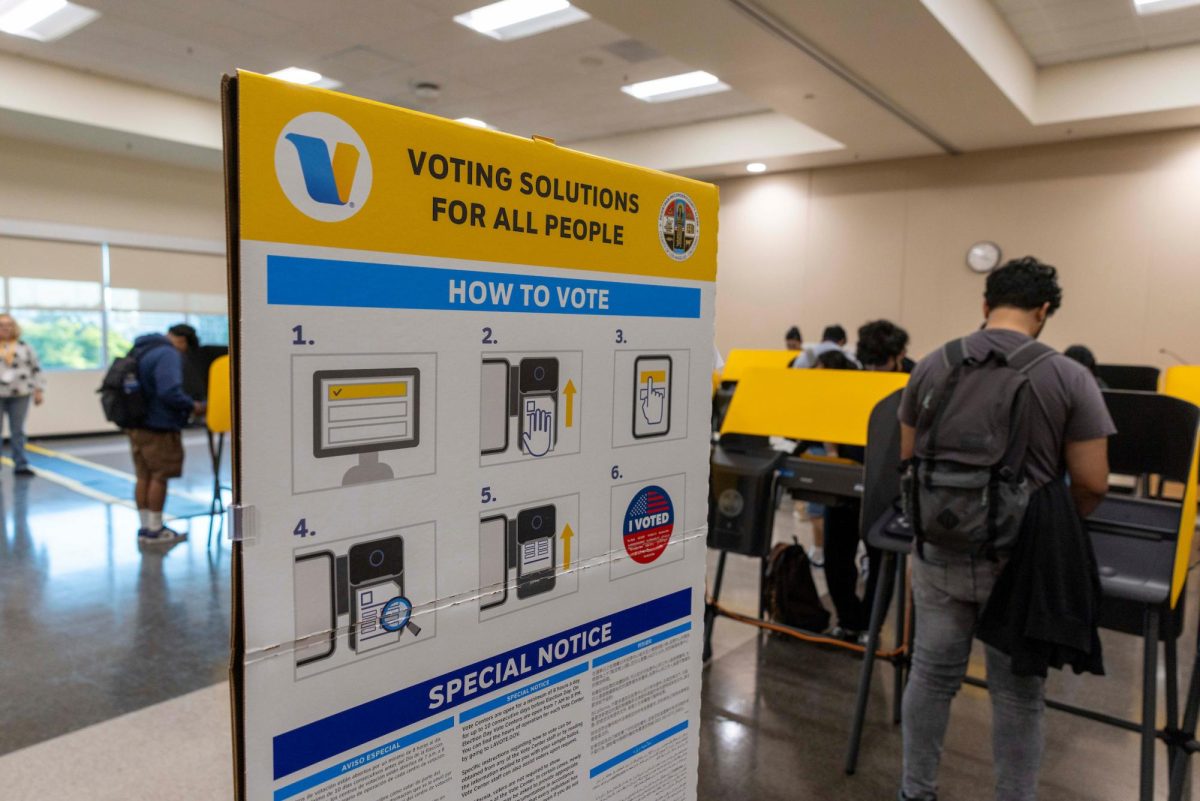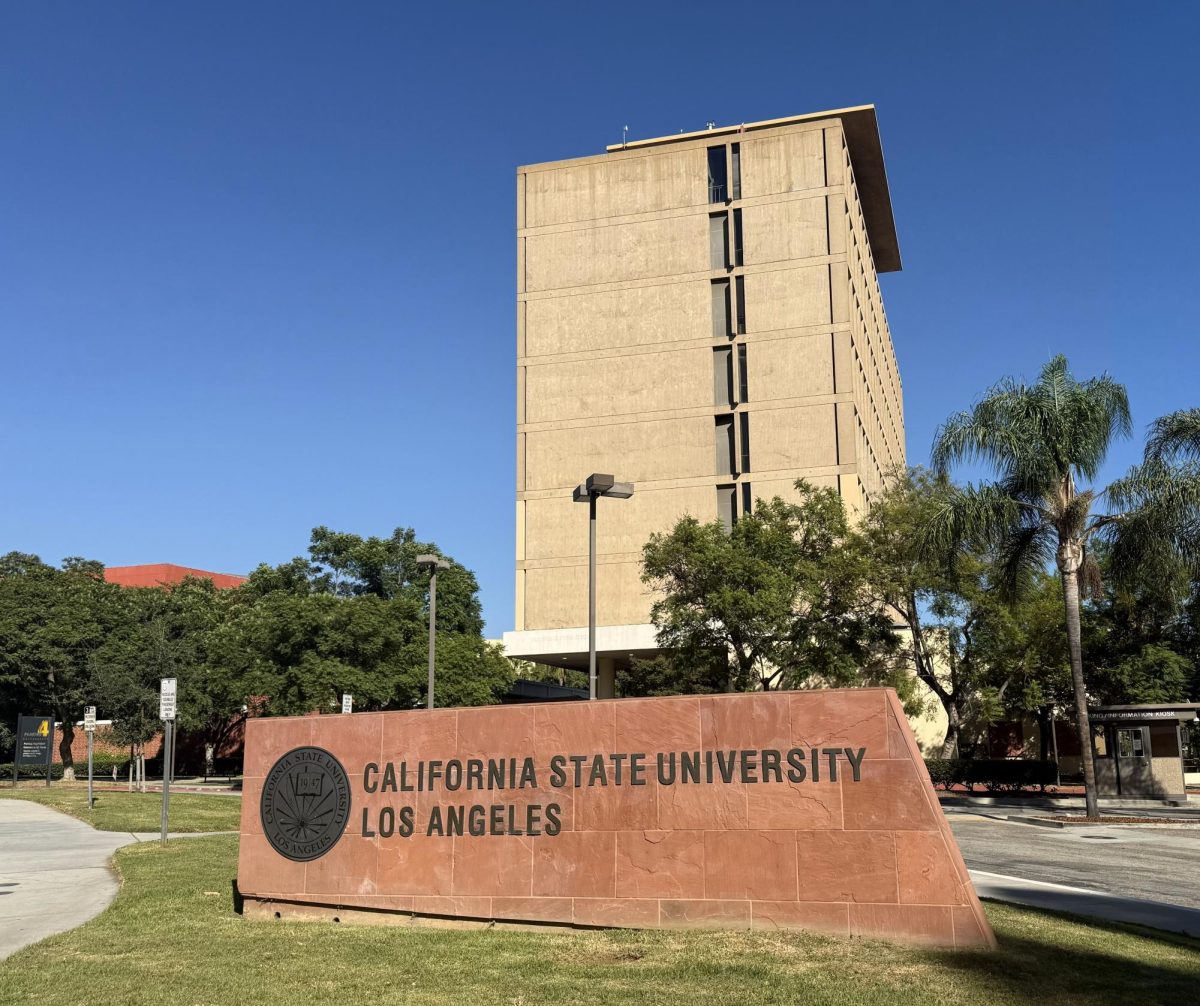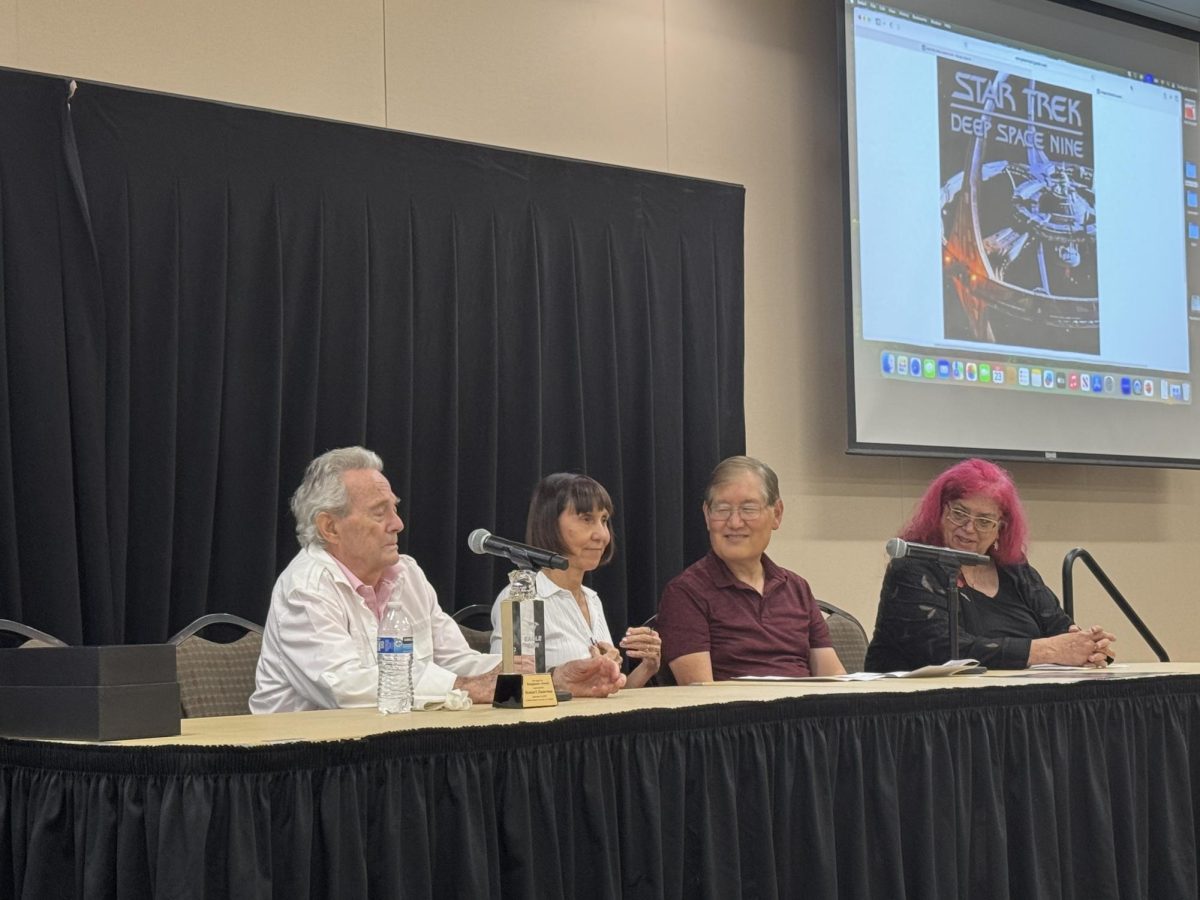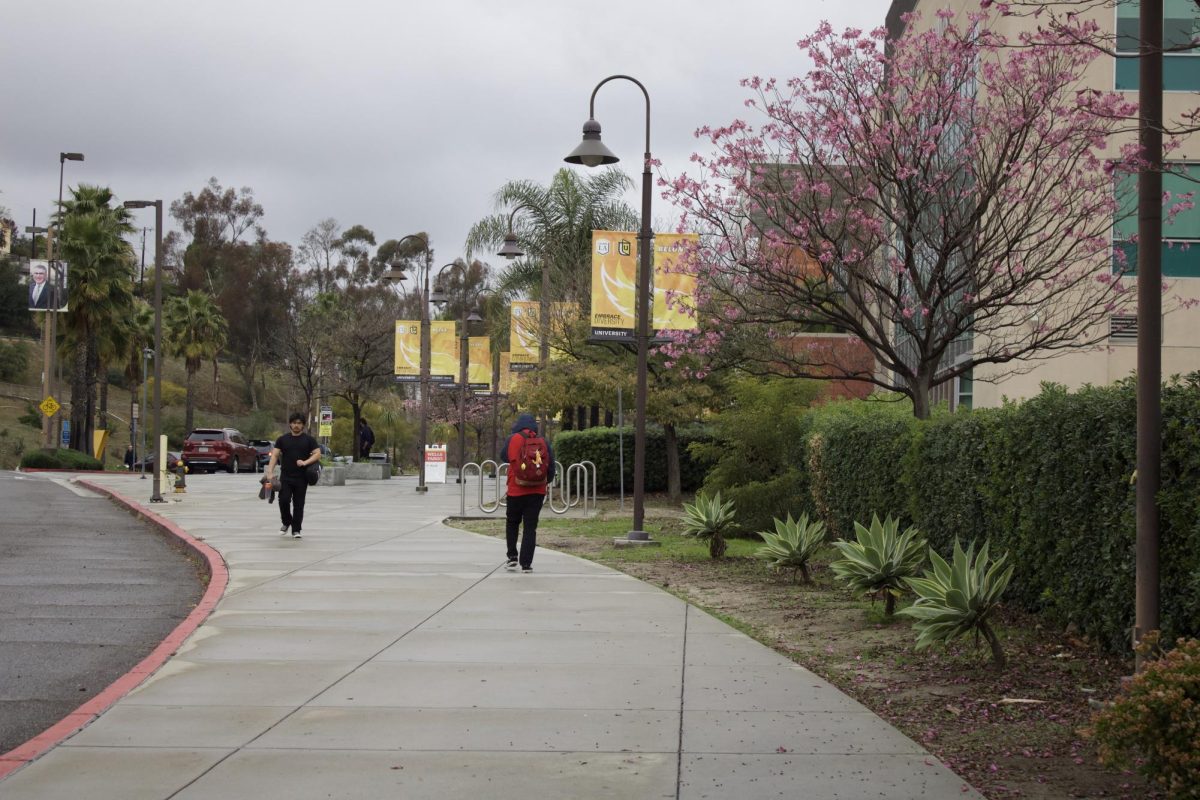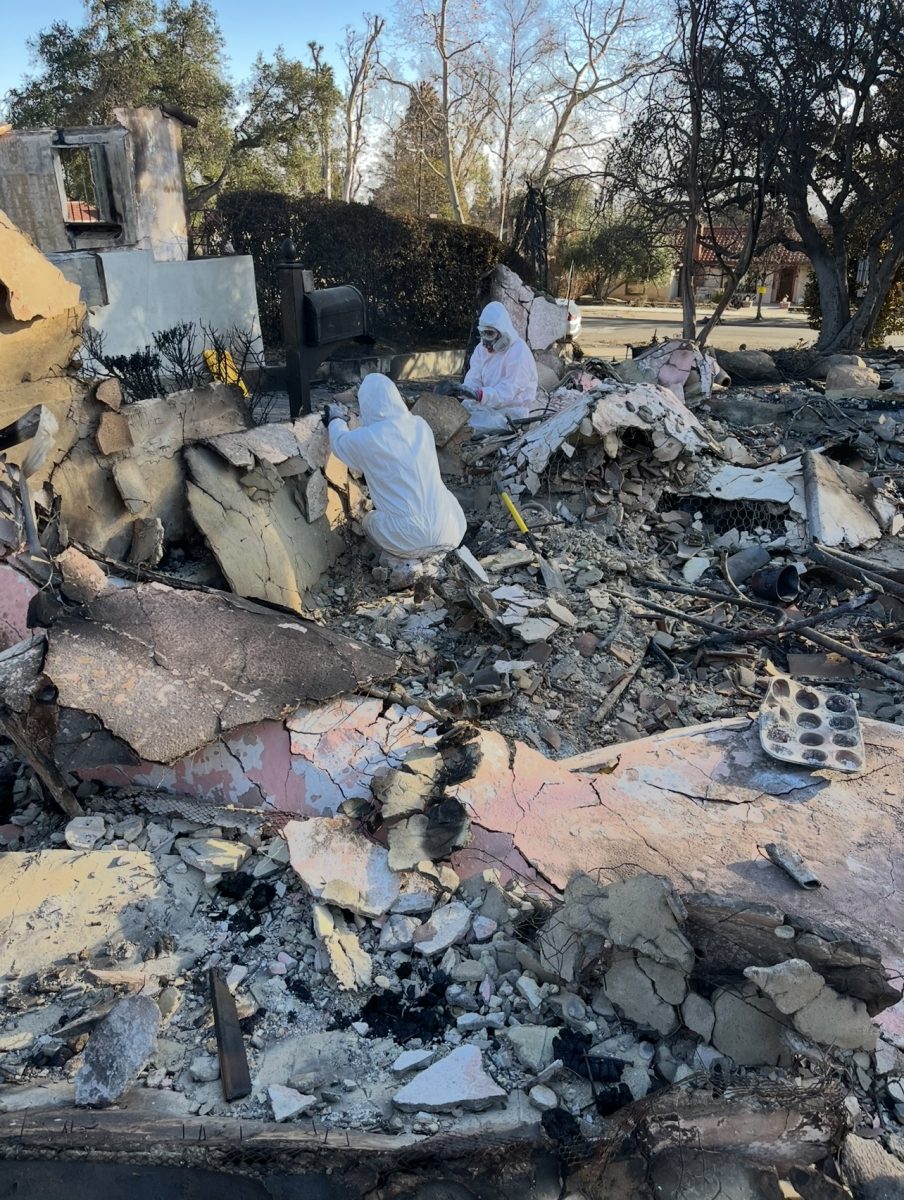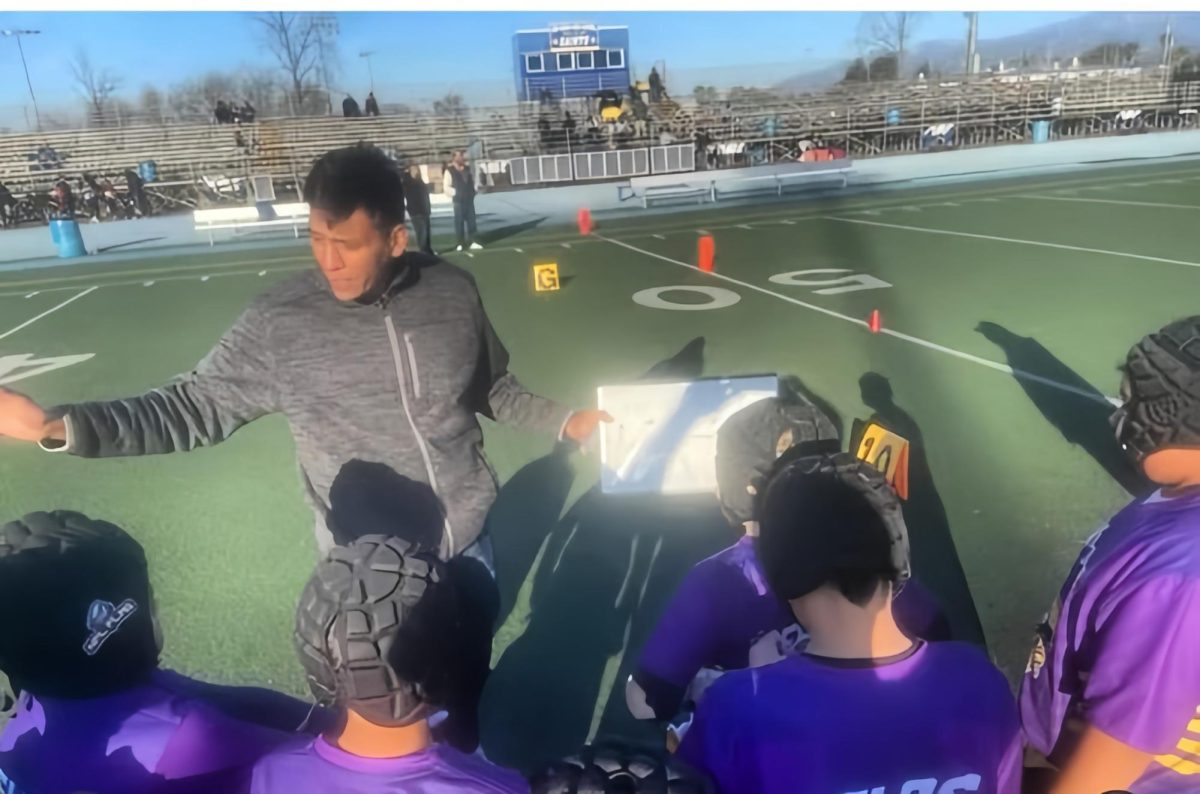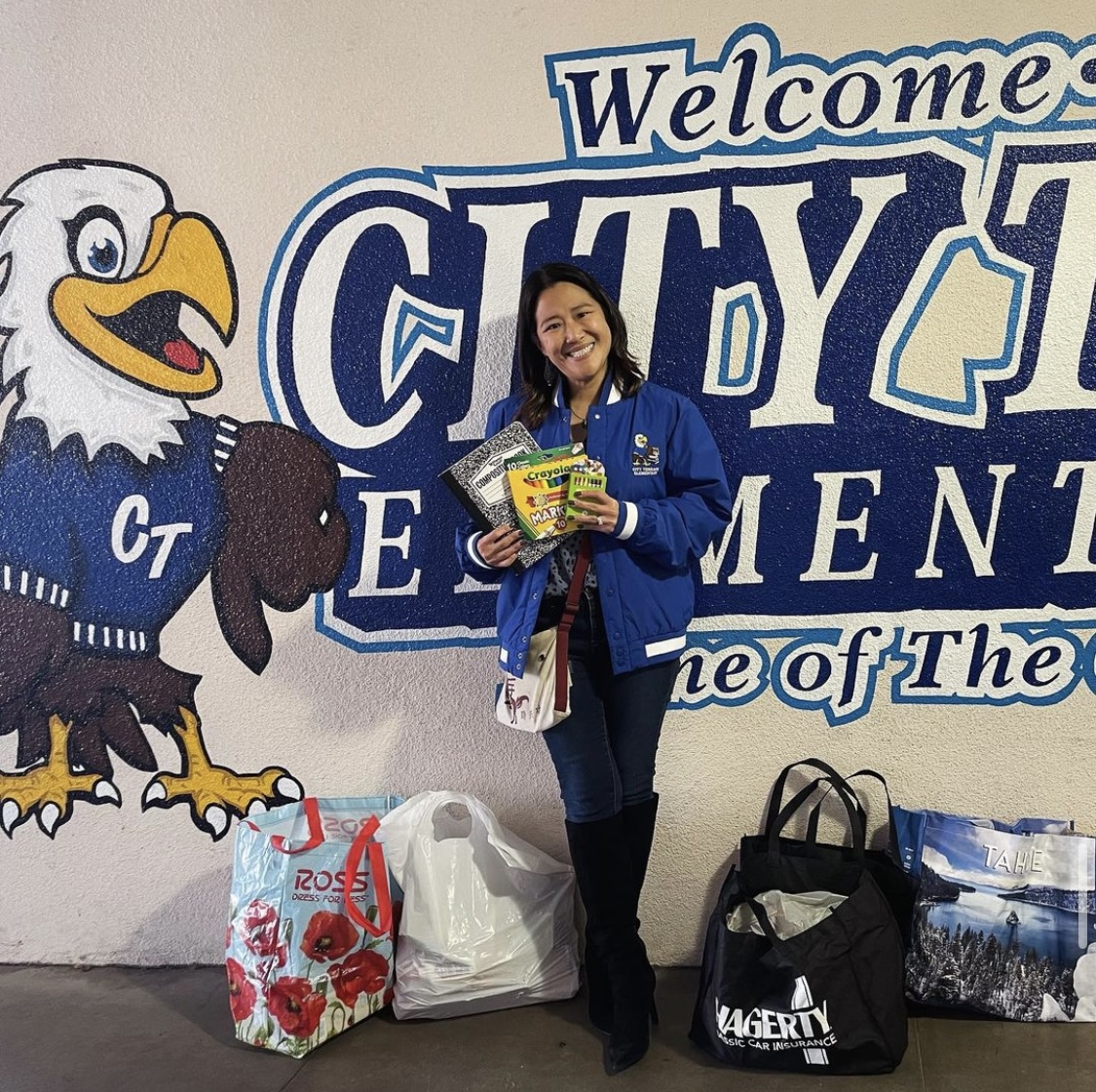Technological difficulties and the necessity to practice in groups have left students and staff from the music department feeling like they are missing out on the full learning experience they would otherwise have had.
Both students and staff agreed that in-person practices are essential to give a good understanding of the concepts that professors strive to teach in their acoustic and classical music classes. A major learning objective for these classes is students’ ability to work collaboratively as a music group.
“The main part of what we do to teach music is to have our students engage and interact with each other. To listen to the sounds that they are making in the context of other people,” said associate chair of the music department Emily Moss. “If you can’t do that with other people in the room, it is very, very difficult to actually have education delivered in a way that is truly valid, meaningful and authentic.”
Moss added that because they need equipment on campus, there is a possibility of in-person classes for the Fall semester, “We are hoping to offer all major ensemble classes, piano and percussion private lessons, plus about 10 other classes for music majors, spread out across our 5-degree options.”
Music professors have experimented to find ways of recreating group practices by using new technology that reduces lagging video calls and WiFi issues that some may experience while using other platforms.
“There is a computer program interface that has come out in all of this. It’s called Jamulus, it is a software interface that allows musicians to play together in real-time without latency from remote locations,” said Moss. “At first sound, it’s like, oh my gosh, this is a miracle. This is gonna change what we’re able to do.”
According to Moss, they have back-ordered sold out equipment needed to get the ensemble classes set up to use Jambulus.
“Everybody across the world is trying to do this. They’re not available. They’re sold out,” said Moss.
Music students share frustrations similar to those of other students — that virtual learning has inhibited them from getting the full extent of their education.
“Music is not made to be online. In learning, performing, and discussing music, there is an organic process that you feel within. No matter if you’re an instrumentalist or vocalist, the biggest struggle is finding this artificial feeling of euphoria you can only get in person,” said music major Olivia Arias.
“I entered CSULA in 2016. As a 17-year-old freshman music major and as the years passed by, I made many great memories, friends, and amazing music-making experiences. But now, as a 22-year-old graduating senior, all of that has been taken away from us,” said music major Emmanuel Dorado. He adds that it has been very difficult to learn music through a screen without interacting with peers to create music collectively.
Aside from the music department’s struggles, students have gained knowledge about music technology they may not have used prior to remote learning.
“It [virtual learning] positions our students in a way that is much more forward-looking and allows them access to [or] understand certain types of music technology that they would not have necessarily encountered otherwise. Perhaps there will be a future career opportunity that might not otherwise have been available,” said Moss, the associate chair of the music department.
Despite the difficulties the music department has faced these past few semesters, Moss said she wants to recognize the students for their perseverance and determination to make the most out of this tough situation.
“I have been amazed by the resilience of our students. Their grit and their fortitude is what keeps me going,” said Moss. “One of the reasons why I keep fighting for them is so that we can get back to normal.”

